Oil spill cleanup continues along Delaware, Maryland coast
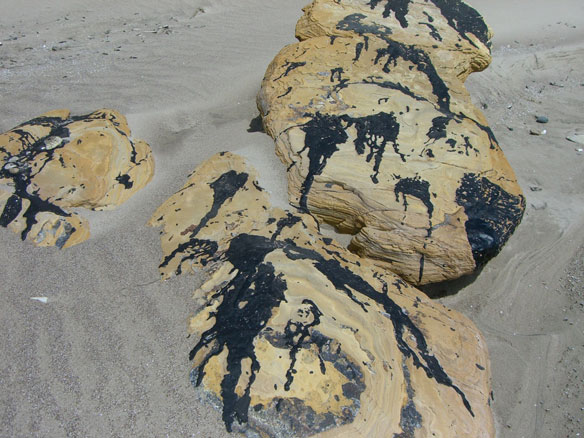
Crews are continuing a cleanup operation from an oil spill that affected a significant stretch of coastline in Delaware and Maryland.
Tracing the source of illicit sand–can it be done?

If you’ve visited the beach recently, you might think sand is ubiquitous. But in construction uses, the perfect sand and gravel is not always an easy resource to come by.
Norway’s Supreme Court Hears Rights Challenge to Arctic Oil Drilling

The Norwegian Constitution declares that all citizens have the right to a healthy environment. But Norway’s economy is built around an oil and gas industry that accounts for more than half of national exports.
Philippines: Artificial white sandy beach could spell eco disaster
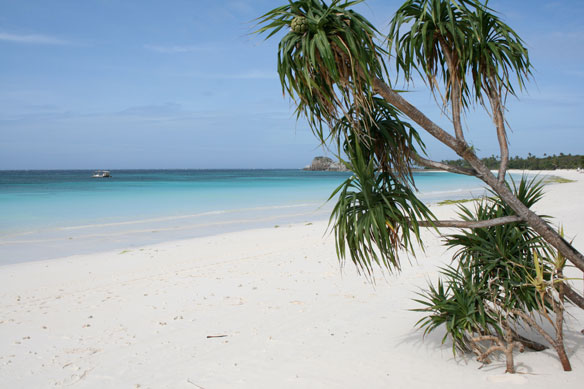
An artificial beach strip in Manila Bay has environmentalists up in arms. Scientists warn its dolomite sand could harm people’s health and marine wildlife.
Australia: Rescuers save 100 whales after mass stranding
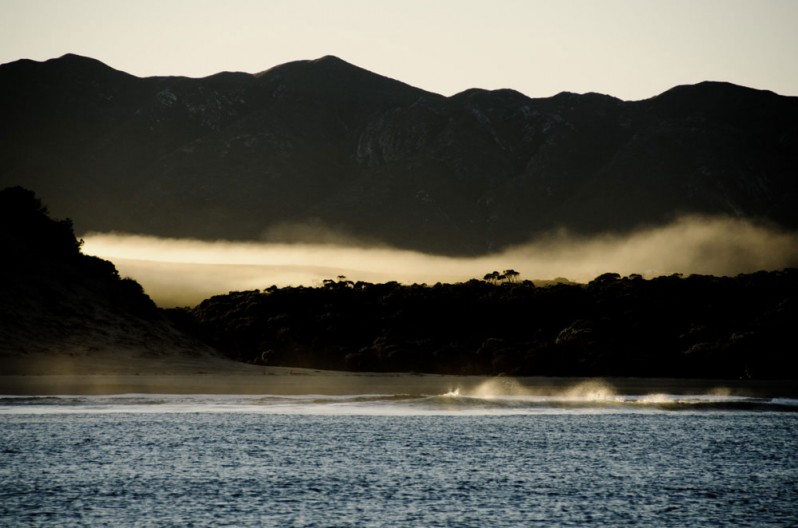
The pilot whales got stuck in shallow waters on the west coast of Tasmania during the country’s largest-ever recorded stranding. Rescuers were not able to save all 470 of the marine mammals.
How the waters off Catalina became a DDT dumping ground
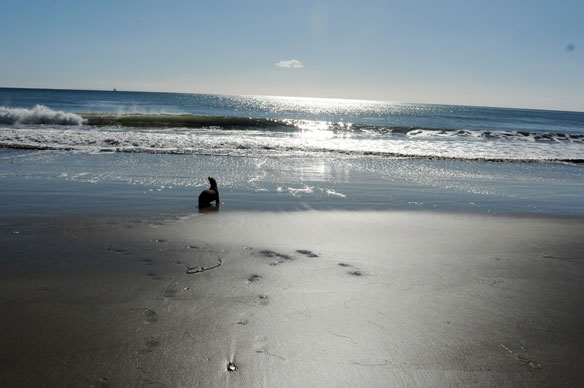
Not far from Santa Catalina Island, in an ocean shared by divers and fishermen, kelp forests and whales, David Valentine decoded unusual signals underwater that gave him chills.
Why cracking down on the shark fin trade may be easier than we thought
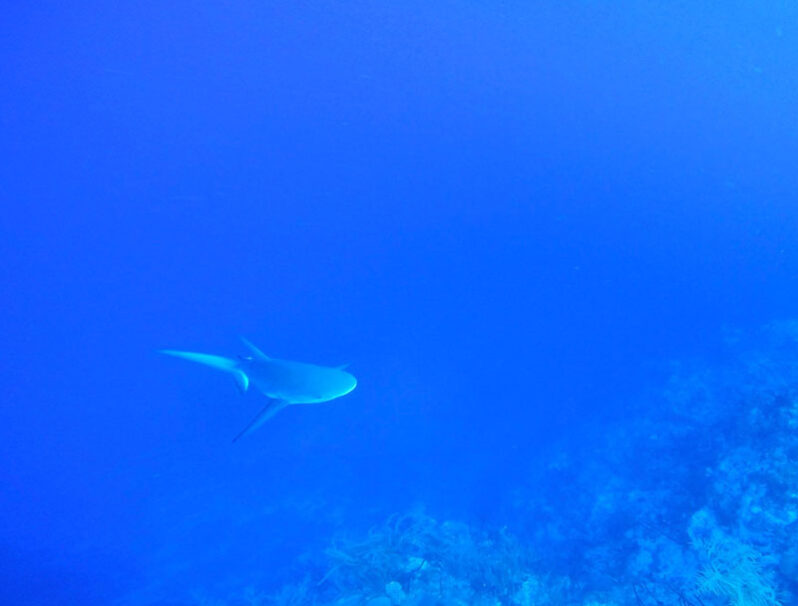
Many shark fins used in a traditional Asian delicacy come from the coastal waters of just a handful of countries. The finding upends conventional notions—and could make this conservation challenge easier to tackle.
Massive coral reef taller than the Empire State Building found off Australian coast
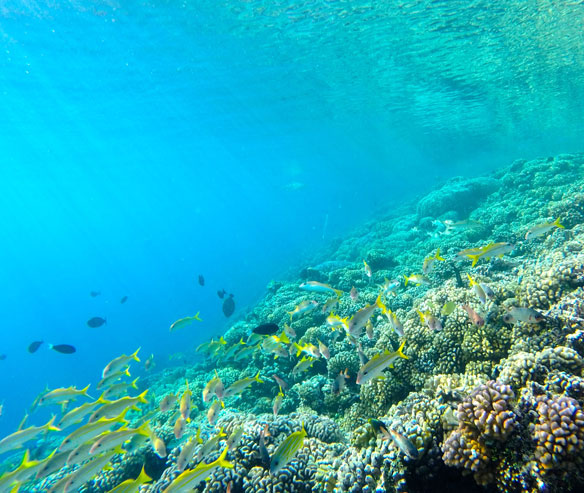
During a 12-month exploration of the ocean around Australia, scientists last week discovered an enormous detached coral reef in the Great Barrier Reef — the first to be discovered in over 120 years.
Fukushima water release could change human DNA, Greenpeace warns
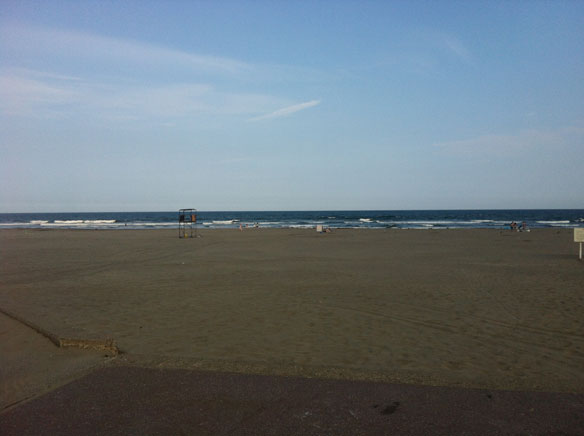
Contaminated water that could soon be released into the sea from the Fukushima Daiichi nuclear power plant contains radioactive carbon with the potential to damage human DNA, environmental rights organization Greenpeace has warned.
